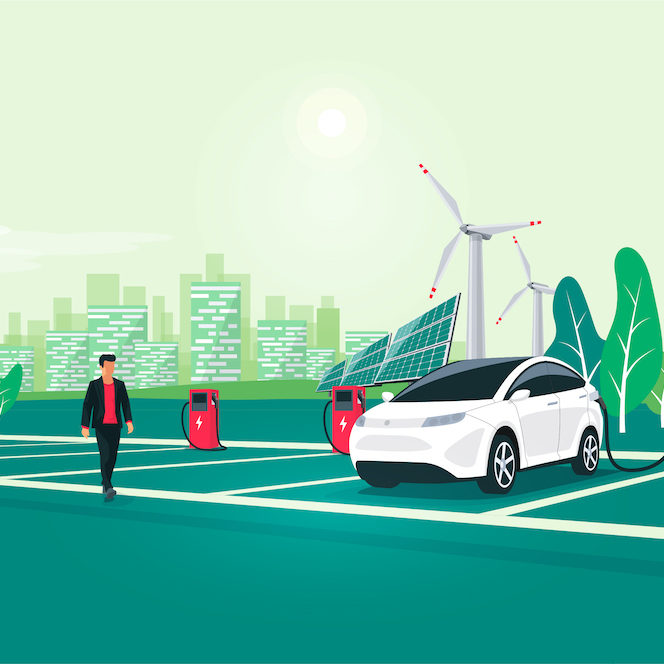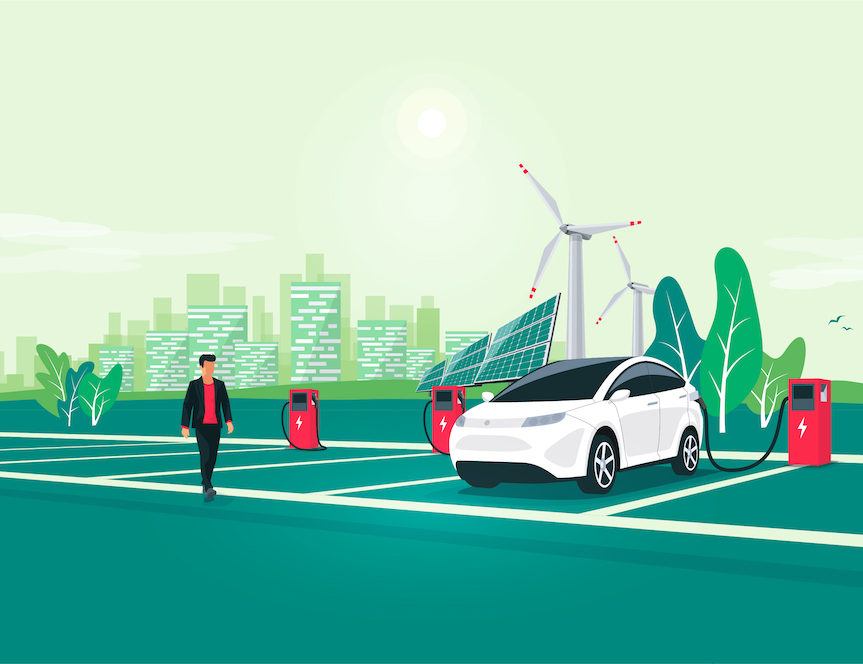Electromobility has become one of the most important global trends, and it can benefit us economically and in sustainable mobility.
Electromobility means to creating drive or traction systems that run on electricity. In other words, Zero Emission sustainable mobility.
Traditionally, the most popular EVs have been trolleys and trains; however, R&D for Li-Ion batteries currently allows us to include them in lightweight vehicles, buses, and freight transport.
That’s why electromobility has become an important global transportation trend. Its benefits are multiplied economic and sustainable terms. EVs:
- Improve air quality by creating Zero Emissions.
- Contribute to reducing climate change via clean energy.
- Reduce acoustic pollution compared with diesel-fueled vehicles circulating at speeds over 30 mph.
- Use 80% less energy compared to a fossil-fueled vehicle.
- Reduce our reliance on oil and fossil fuels.
- Simplify waste management since Li-Ion and/or solid-state batteries can be used domestically.
The economic and sustainable mobility benefits can be summarized in a medium-long term transition towards renewable energy.
Electrifying public transportation improves units’ lifespans and reduces the impact on the environment. This transition towards the decarbonization of transportation is both profitable and sustainable.





